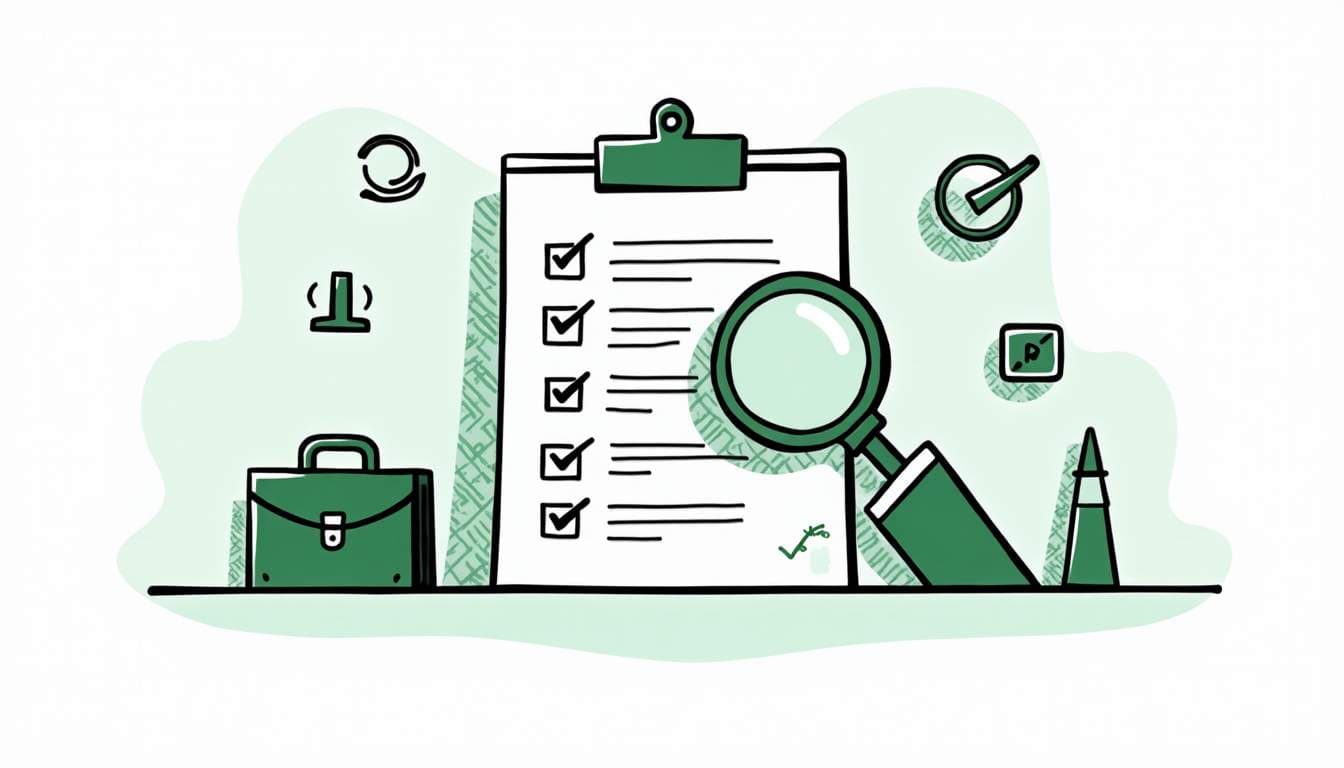Crafting a compelling cover letter remains a crucial step in the job application process. Despite the rise of digital applications and automated screening tools, a well-written cover letter can set you apart from the competition and open doors to interviews. In fact, nearly half of hiring managers say a strong cover letter can convince them to interview an otherwise weak candidate. This article explores top cover letter examples and strategies to help you create a letter that resonates with employers and boosts your chances of landing your dream job.
Why a Cover Letter Still Matters in 2024
Many job seekers wonder if cover letters are still relevant in today’s fast-paced hiring environment. The answer is a resounding yes. Industry reports reveal that 89% of hiring professionals expect candidates to submit a cover letter alongside their resume. This expectation underscores the cover letter’s role as more than just a formality—it’s an opportunity to showcase your personality, motivations, and fit for the role.
Moreover, cover letters provide a unique platform to tell your career story in a way that resumes cannot. Stories are 22 times more memorable than facts alone, making narrative-driven cover letters far more impactful. A well-crafted cover letter can humanize your application, making it easier for hiring managers to connect with you on a personal level.
In addition to personal storytelling, a cover letter allows candidates to highlight specific experiences and skills that align directly with the job description. This targeted approach can demonstrate not only your qualifications but also your genuine interest in the position and the company. By referencing particular projects or values of the organization, you can show that you've done your homework and are truly invested in becoming a part of their team. This level of engagement can set you apart from other applicants who may take a more generic approach.
Furthermore, in an age where many applications are filtered through automated systems, a thoughtfully written cover letter can help you stand out in a crowded field. It gives you the chance to address any potential concerns upfront, such as gaps in employment or a shift in career paths, framing them in a positive light. By proactively addressing these issues, you can alleviate any doubts a hiring manager might have and reinforce your suitability for the role. This strategic use of the cover letter can be a game-changer in securing an interview and advancing your career prospects.
Key Elements of an Effective Cover Letter
1. Tell a Compelling Career Story
According to Indre Padegimiene, a Talent Acquisition Specialist at Omnisend, cover letters should tell a compelling story about your career journey, motivations, and aspirations. This narrative approach helps employers understand not just what you’ve done, but why you’ve done it and where you want to go. For example, instead of simply listing your past roles, explain how each experience shaped your skills and prepared you for the job you’re applying for. This storytelling technique allows you to connect emotionally with the reader, making your application more memorable. By weaving in personal anecdotes or pivotal moments in your career, you can illustrate your passion and dedication, which can set you apart from other candidates.
2. Use the Problem-Solution Format
One of the latest trends gaining traction in cover letter writing is the Problem-Solution format. This approach involves identifying a challenge the company faces and demonstrating how your skills and experience can solve it. The Interview Guys highlight that this format effectively captures hiring managers’ attention by directly addressing their needs and showing your value upfront. By conducting thorough research on the company and its industry, you can pinpoint specific pain points they may be experiencing. For instance, if you’re applying for a marketing role at a company struggling to increase brand engagement, your cover letter could outline how your previous campaigns boosted customer interaction and how you plan to apply similar strategies to their business. This proactive stance not only showcases your problem-solving abilities but also reflects your genuine interest in contributing to the company's success.
Moreover, incorporating quantifiable results from your past experiences can further strengthen your argument. For example, mentioning that you increased social media engagement by 40% in your last position not only highlights your skills but also provides concrete evidence of your effectiveness. This data-driven approach can resonate well with hiring managers who appreciate tangible results and a results-oriented mindset.
3. Keep It Concise and Focused
While it’s important to tell a story, brevity is equally crucial. Research shows that 66% of job seekers prefer cover letters that are half a page or less. Hiring managers are busy professionals who appreciate clear, concise communication. Aim to keep your cover letter focused on the most relevant experiences and skills, avoiding unnecessary details or repetition. To achieve this, consider using bullet points for key achievements or skills, which can make your cover letter easier to skim and highlight your qualifications effectively. Additionally, tailoring your cover letter for each application by aligning your experiences with the specific job description can further enhance its impact.
Another strategy to maintain conciseness is to eliminate jargon or overly complex language. Clear and straightforward language not only improves readability but also ensures that your message is easily understood. Remember, the goal is to create a compelling narrative that captures attention without overwhelming the reader. By striking the right balance between storytelling and brevity, you can craft a cover letter that resonates with hiring managers and leaves a lasting impression.
Top Cover Letter Examples by Industry
Different industries have unique expectations for cover letters. Below are tailored examples and tips for some of the most common fields.
Example 1: Data Analyst Cover Letter
For data analysts, demonstrating analytic expertise and the ability to drive business outcomes is key. A well-written cover letter should highlight your technical skills, problem-solving abilities, and how your work has positively impacted previous employers.
Sample excerpt:




![Cover Letter vs Resume: What Hiring Managers Actually Read First [2026]](/_next/image?url=%2Fapi%2Fmedia%2Ffile%2Fcoverletterandresume.png&w=3840&q=75)